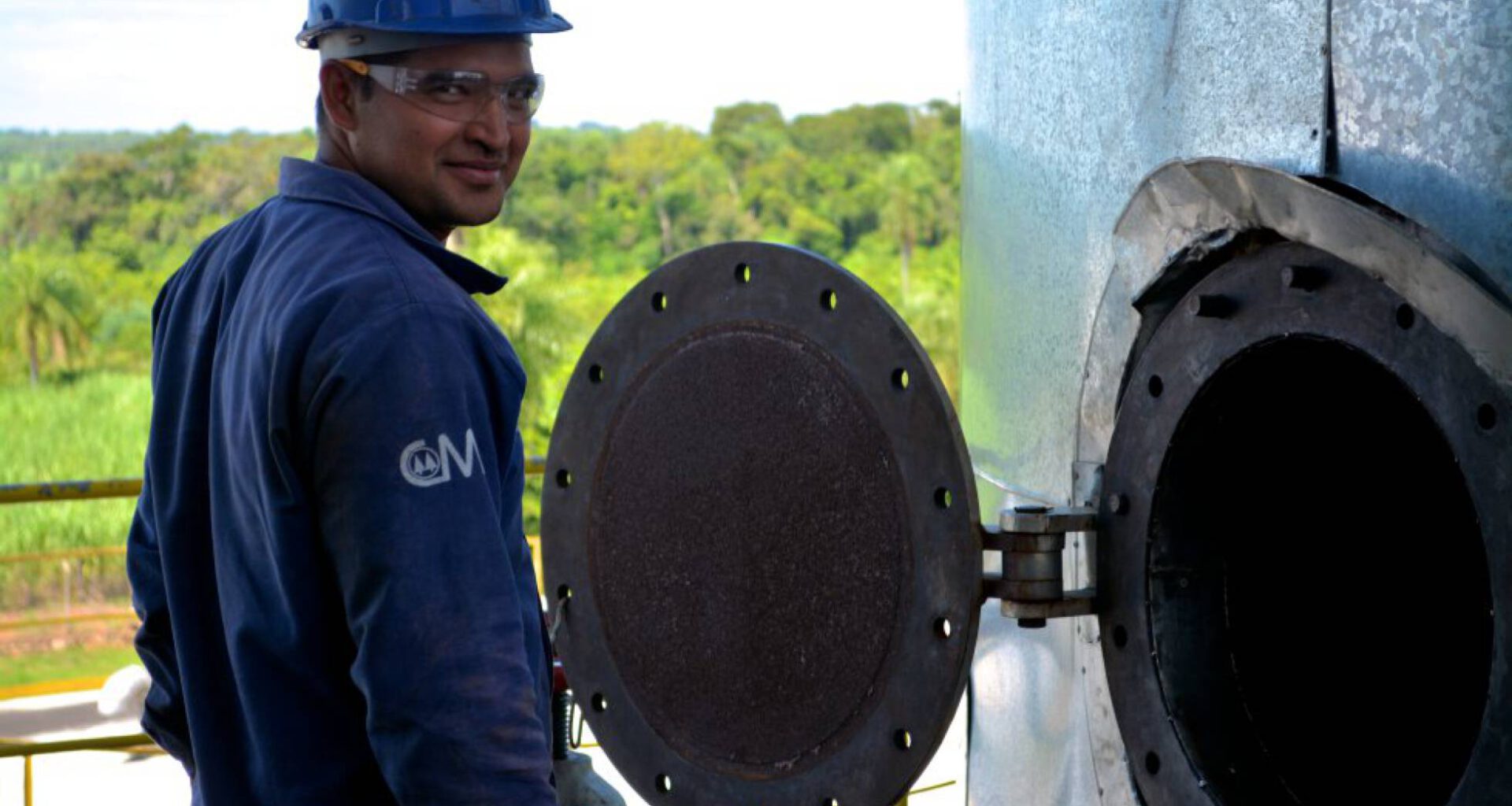Guest Contributor, Susana Garcia-Robles, is Head of Investments and Coordinator of Gender Initiatives at BID Lab
Latin America and the Caribbean have been a promising destination for venture capital and entrepreneurial capital for a long time. And the latest figures continue to attract attention. Last year, the entrepreneurial capital industry received about $2B distributed in 463 transactions, almost double 2018’s figures. In just over a year, the number of unicorns –those mythical companies that reach a market valuation of more than $1B– within the region has multiplied. What’s going on?
Made in LAC
An unconventional brand of innovation, offering products and services made in Latin America and the Caribbean, is being born; ‘Made in LAC’ is possible thanks to the diversity of its people. What are the secrets of the region’s success?
The Three Ingredients
First of all, the young and entrepreneurial spirit of its inhabitants. With an average age of less than 30, the millennial attitude of Latin Americans and their receptivity to using new technologies is evident.
About 60% of the population uses smartphones and every two out of three people have Internet access, representing more than 10% of global Internet users. This growing use of technology is the second factor of success.
These regions present great challenges when it comes to access to education, health, finances, decent housing, and clean water. LAC also needs a renewed boost in vital sectors such as mining, agriculture, energy, and transportation. These challenges, rather than problems, are opportunities and the third identifier of the ‘Made in LAC’ brand.
Socially and Environmentally Aware Entrepreneurs
These three ingredients are joined by a large dose of frustrated entrepreneurs who are witnesses to the challenges of their cities and communities. This frustration drives them to create companies that facilitate access to better education, health system, and financing that effectively democratizes access to basic services for all citizens.
They seek to create new ways to fertilize the fields and predict natural disasters, to take care of the cleanliness of the oceans, to provide domestic workers access to micro-loans, to improve health for all, and to use telemedicine to serve rural populations.
It is a brand marked by innovation and a clear social and environmental awareness. These new entrepreneurs are interested in both making money and improving the lives of others. No one is better qualified to find a solution than the individuals who live amongst the problems.
The Missing Ingredient
The scenario is promising, but Latin America and the Caribbean still need another ingredient for entrepreneurial ecosystems to consolidate and establish themselves as an innovative pole: inclusion.
In many developed countries, entrepreneurial capital is still seen as something belonging to a club of privileged white men, which makes inclusion a difficult component to incorporate. But Latin America could lead a new paradigm, becoming a region where the entrepreneurial capital industry is really a channel for the financing of ideas and young companies. Diversified teams, where men and women, of all socioeconomic backgrounds, of all ages, and from diverse geographies, bring together different visions and strengths.
Financial Strength in Diversity
According to several studies carried out by consultancies such as McKinsey, companies that have diversified professional teams obtain greater financial returns, and companies co-led by women have a more holistic vision when looking for financial returns as well as social and environmental returns.
We must achieve a greater number of female entrepreneurs who receive investment rounds, who grow and sell their companies, who start another company, who begin to invest, and who serve as mentors for other startups. It’s a way of ‘returning the favor’ to the community. It’s the virtuous entrepreneurial cycle, which is still quite uncommon even among female businesswomen in Latin America and the Caribbean.
That is the purpose of the WeXchange, the first Latin American forum focused on connecting high-growth women entrepreneurs with mentors and investors. Created in 2013 by the innovation laboratory of the Inter-American Development Bank (BID Lab), WeXchange will celebrate its seventh year in Paraguay in November of this year.
The goal is to continue stimulating and realizing the growth potential of women entrepreneurs in Latin America and the Caribbean. As a result of these efforts, several of the entrepreneurial capital funds within the region have placed 30% of their investments in companies founded by women. ‘Made in LAC’ already has its own identity, and inclusion will soon be part of it.
Read the original article in Spanish on El Pais.
If you’d like to learn more about Susana García Robles, check out Episode 86 of the Crossing Borders episode.


